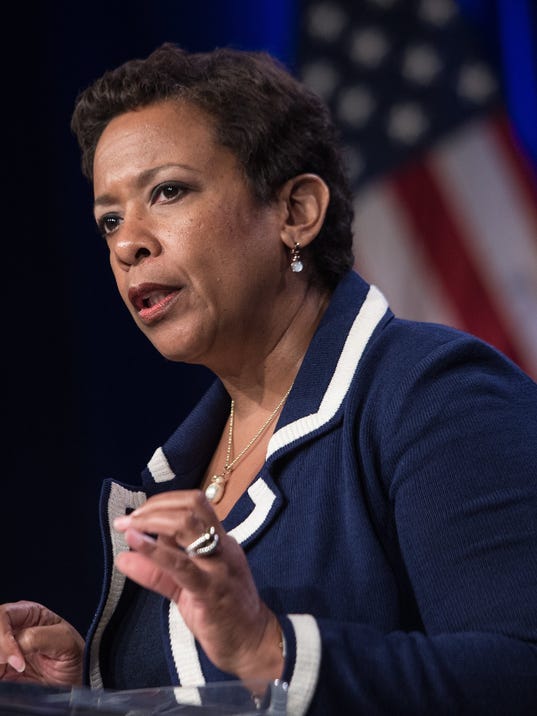The Department of Justice 's new push to crack down on CEOs may be eliciting daydreams of perp walks, but experts warn it won't happen any time soon.
In the hours after DOJ vowed to hold more individuals responsible for corporate crimes, people started dropping names of heads they would like to see roll.
"Show us how serious you are by starting with Jon Corzine," tweeted portfolio manager Jon Boorman, referring to the former governor of New Jersey who oversaw the collapse of commodity brokerage firm MF Global, which led to a scandal over improper money transfers from customers' accounts.
But experts say CEO arrests won't likely pick up any time soon — if ever. The concern is that the DOJ's new policy, outlined in a memo to staff this week, does not address some of the key issues that make prosecuting individuals tied to large corporations so difficult in the first place, such as intent and complex hierarchies.
"The government still has a heavy burden to prove, which is that this individual acted in a criminal fashion," said Anthony Sabino, a lawyer and law professor at St. John's University . "You have to prove criminal intent, and that's a difficult proposition," Sabino said.
Finding the right people can be even tougher when dealing with massive organizations, which is why the government pursued companies instead of individuals in the aftermath of the financial crisis, said Sabino. "You had so many people involved. Who was simply following orders and who had criminal intent?," Sabino said.
On Thursday, Deputy U.S. Attorney General Sally Quillian Yates gave a speech at New York University School of Law where she outlined "six specific steps to hold individual corporate wrongdoers accountable." Yates also outlined the new policy in a memo that was issued to DOJ staff Wednesday.
The new policy requires that corporations provide the DOJ "all relevant facts relating to the individuals responsible for the misconduct" or forgo any credit for cooperating. It also demands that DOJ officials "focus on individuals from the inception of the investigation," rather than focusing first on corporate wrongdoing.
Another reason the DOJ policy change won't result in a plethora of CEO arrests is that it won't apply to much of the wrongdoing that contributed to the financial crisis. Yates said the new policy changes will apply to "all future investigations of corporate wrongdoing," as well as pending matters.
Experts also warned that Attorney General Loretta Lynch could have a limited window to implement the policy, depending on the results of the upcoming presidential election. "We may get a new attorney general who could come in and change things yet again," warned Brandon Garrett, a law professor with the University of Virginia and author ofToo Big to Jail: How Prosecutors Compromise with Corporations.




